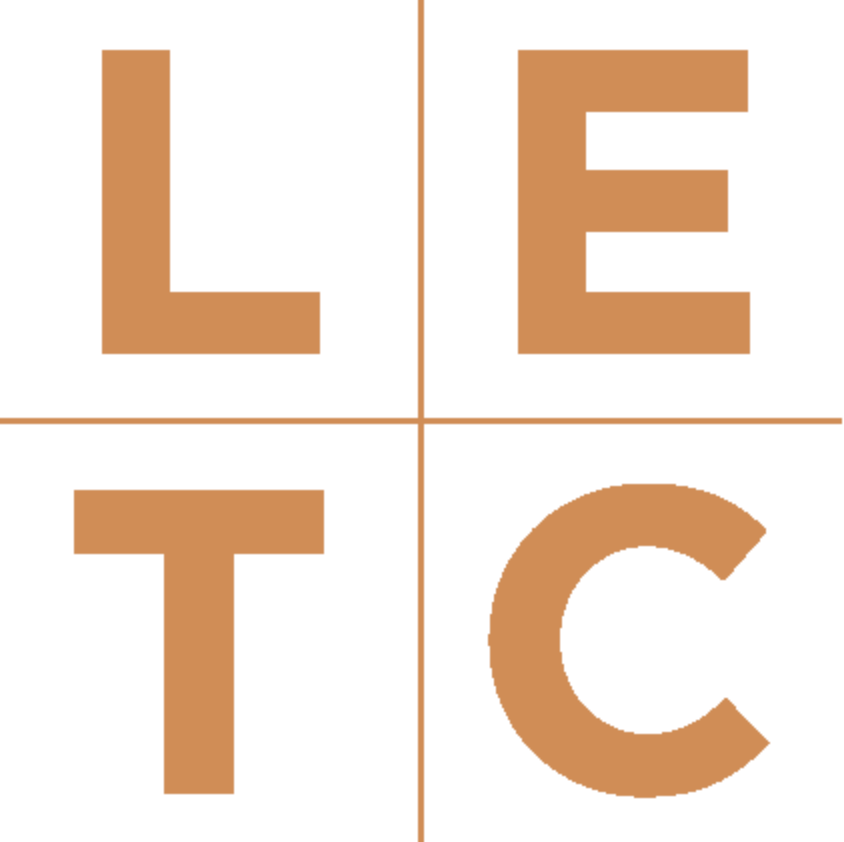
League Education & Treatment Center
JFTN Preschool
Social-Emotional Curriculum
Social-Emotional Curriculum
Our clinicians meet on a weekly basis to review your child's progress. They work closely with your child's teachers to encourage and support their learning.
We want you to have a direct relationship with our clinical staff. Our treatment coordinators are liaisons between teachers and parents. You will be in frequent contact with your child's treatment coordinator. And if your child is receiving speech therapy or needs extra help with physical therapy, you'll be able to work directly with your child's therapist to help your child develop the skills they need at home.
Services also include psychiatric diagnosis and consultation, social skills training, play therapy, creative arts, speech/language, and occupational and physical therapies.
Conscious Discipline
Conscious Discipline is a social-emotional curriculum developed by Dr. Becky Bailey. Conscious Discipline gives our clinicians and teachers a shared therapeutic vocabulary. The professional community at JFTN is diverse, with a tremendous range of experience and expertise. By adopting Conscious Discipline concepts, we're able to set standards of excellence for children's development within a common language that strengthens our school culture.
Here are some of the core Conscious Discipline concepts we use each day:
Safe Place
A safe place is an area in each classroom where children can go when they're feeling stressed or overwhelmed. When a child visits a safe place, it's not a punishment. Each safe place is filled with activities, rich visuals and positive sensory tools. But a safe place isn't a play area either. It's designed to include objects and visuals that will help children take the time they need to calm down and then rejoin classroom activities as soon as possible.
The safe place is also a way for our staff to measure a child's emotional growth and self-awareness. When we see a child independently go to their classroom's safe place, use its tools, and then return to group activities, this is a sign of progress and maturity. It means that the student has developed the skills necessary to understand their own emotions and is able to take steps to prevent conflict.
School Family
Building a school family is all about developing a strong sense of community within each classroom and throughout the school. We develop our school family by following certain tasks and rituals each day.
For example, if a teacher or student is out of school because they're ill or injured, our school family comes together by making them a card and pinning it to one of our We Care Centers. When the teacher or student returns to school, the We Care Center shows them how much they were missed.
Students also have various jobs they do to develop their sense of a school family. The "sprinkler" gives compliments to their classmates in the morning. If it's your turn to be a "star leader", you get to lead your class in breathing exercises, which helps calm students' minds and bodies so that they're ready to learn.
Activities that develop our School Family are really about developing children's capacity for empathy, kindness and community awareness.
Every Moment is an Opportunity for Learning
Mistakes and problems that arise are viewed as opportunities to learn. Tools like the time machine and instant replay are used to have the children revisit stressful situations to practice their social skills.
Parents can find helpful Conscious Discipline resources on the Conscious Discipline website.
Toolbox Program
The Toolbox Program helps students cope with stress. When your child is feeling stressed, they can use the tools in their toolbox to reduce anger and anxiety. The more children are able to deal with negative emotions, the more prepared they will be to succeed in school.
Toolbox visuals are available to students in every classroom and complement the Conscious Discipline visual resources used in our classrooms' Safe Places.
Superhero Club
The Superhero Club helps children develop social skills. It was developed by Treatment Coordinators Julia Jacobson and Jennifer Johnson.
Children are often drawn to superheroes. They identify with certain superheroes or want to be like them. That makes superheroes a great vehicle for communicating with children, as kids are eager to pay close attention to superhero activities.
But children tend to focus on the aggressive nature of superhero stories — "good guys vs. bad guys". We use superhero characters to grab children's attention. Then, we reframe what the children know about the characters into positive social-emotional skills.
We introduce the Superhero Club by teaching emotions through familiar characters like The Incredible Hulk. We might talk about how Bruce Banner gets angry, and how hard he works to control his temper. We use visuals to demonstrate techniques The Hulk might use to help him calm down — like taking deep breaths and talking about his feelings.
Then we talk to students about how their classroom is a "team". We teach what it means to work together, and how to create a class superhero culture. We learn how a classroom team of superheroes help and encourage each other. Near the end of the year each child creates their own individual superhero, and the superheroes work together to help solve a problem as a team.
To learn more about our Superhero Club, contact Clinical Director Julia Jacobson.
Reinforcing Lessons At Home
We work with each family to help children develop social-emotional skills at home. If your child currently attends JFTN, and you have questions about how you can encourage your child's social-emotional growth at home, please contact your child's treatment coordinator.




